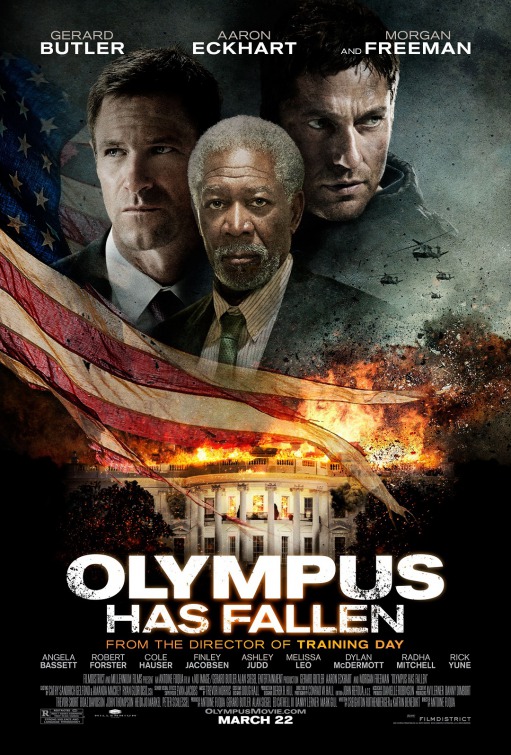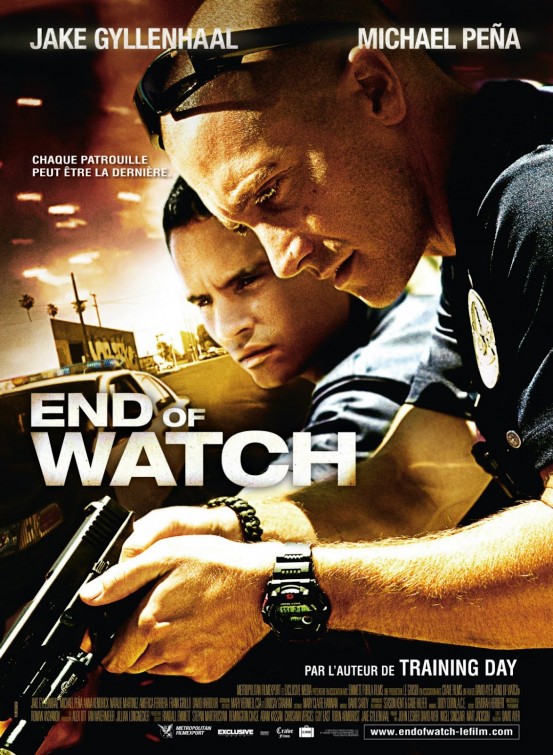 I had a few days off recently and so was able to view one of the first screenings of the political action thriller Olympus Has Fallen, starring Gerard Butler and Morgan Freeman, who plays the Speaker of the House and Acting President during the crisis. I’m sure I’m not giving anything away if you’ve seen the commercial preview, if I tell you that the Olympus in question is the White House.
I had a few days off recently and so was able to view one of the first screenings of the political action thriller Olympus Has Fallen, starring Gerard Butler and Morgan Freeman, who plays the Speaker of the House and Acting President during the crisis. I’m sure I’m not giving anything away if you’ve seen the commercial preview, if I tell you that the Olympus in question is the White House.
During a visit by the Prime Minister of South Korea, the White House is attacked by a group of, you guessed it, North Korean commandos, in a daring daylight raid. Many Secret Service agents and Marines are killed, and high ranking cabinet officials are taken hostage, as is the President, played by Aaron Eckhart. The leader of the raid is Kang, played by Korean-American actor Rick Yune, ironically born in Washington, DC. Kang’s motive appears to be related to the unification of Korea, and a long-standing grievance over America’s “interference” in the country’s civil war. As always, there is a far more sinister motive that is revealed only near the end of the movie. It is up to the hero of the movie, and last man standing, Mike Banning (Gerard Butler), to thwart this plot and save America.
I add this note of sarcasm because the patriotic symbolism, especially around the American flag, is laid on quite thick. But if you strip that away, it’s a pretty good action/thriller movie, and timely considering the noises coming from the Korean peninsula recently. If you overlook the numerous improbabilities in the film, the most glaring of which is the ponderous amount of time it takes the US military to respond to the initial attack, you’ll have a great time cheering on the hero as he punches, shoots, and stabs his way through all the bad guys to save the day.
